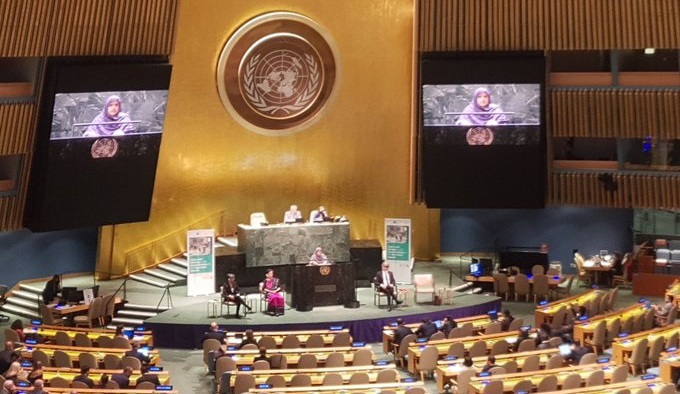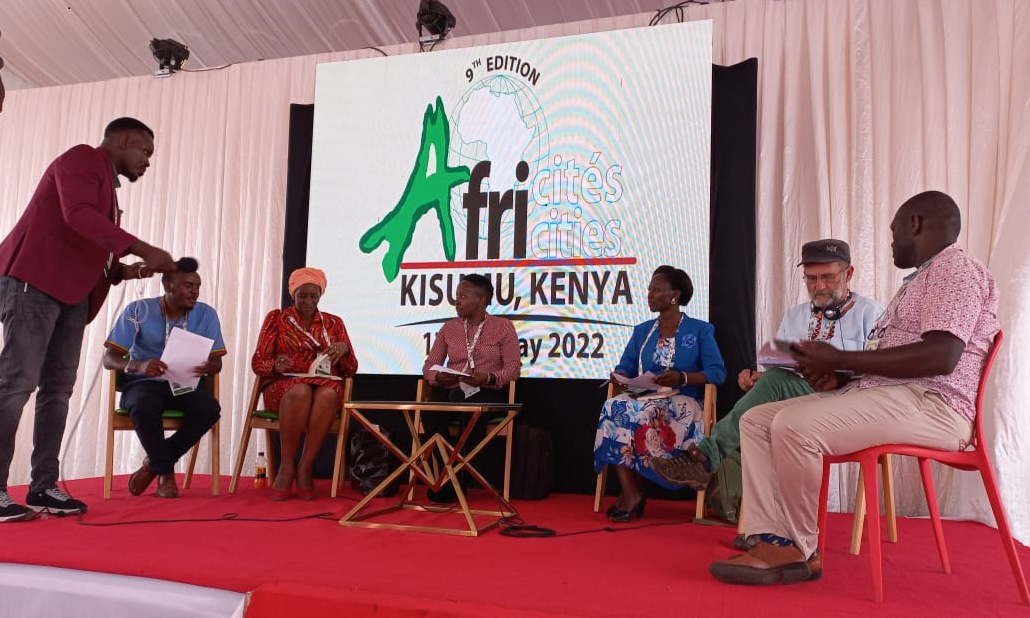The past seven years of the World Social Forum process has been a rich experience of lessons learned and lessons “un-learned”.
The purpose of assessing the World Social Forum process is to strengthen our work, to improve and deepen our practice, and to increase our political and social impacts.
Assessment is not merely a technical exercise: it is a political act. Therefore, our assessment of the process should be framed according to the values contained in the WSF Charter of Principles: that the WSF process is open, inclusive, plural, diverse, non-violent, non-racist, non-hierarchical, non-patriarchal, anti neo-liberal, ecological, non-confessional, non-governmental, non-party, and functions on the basis of solidarity, democracy and transparency.
The International Council meeting in Nairobi on 26 and 27 January 2007, agreed to establish a working group to facilitate the assessment of the WSF process and to develop guiding principles for the future.
The tasks of the working group are to:
- Facilitate the assessment of the WSF process;
- Develop guiding principles for the future.
This working group will function from now until the next IC meeting in Berlin in June when the future of the working group will be re-assessed.
The working group is open to all members and observers of the International Council. The final terms of reference will be posted on the IC email list with an invitation to join the working group after which the WSF secretariat will set up an email list for the working group.


